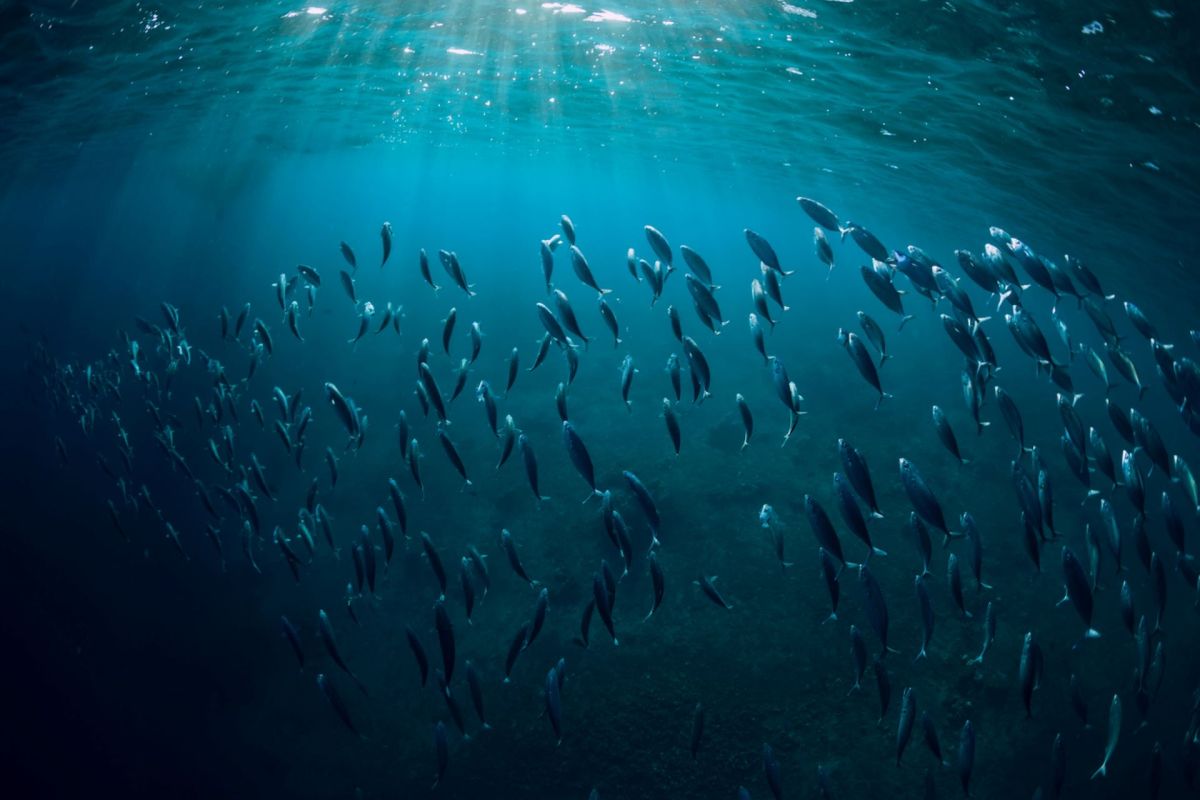Salmon, like all types of wildlife, are facing increasing threats from human-caused pollution and changing weather patterns. In addition to factors like acid rain, overfishing, and damming, Atlantic salmon are now dying off due to rising water temperatures resulting from the continued overheating of our planet.
Now, researchers are looking into some drastic measures to help save the Atlantic salmon, including artificially cooling Canada's rivers and streams.
Scientific American spoke to Kathryn Smith, a doctoral candidate in the Coastal Hydrology Lab at Dalhousie University in Canada, one of the scientists leading the effort.
Salmon, a coldwater fish, tend to be comfortable in water temperatures of around 68 degrees Fahrenheit. Once those temperatures reach around 80 degrees Fahrenheit, they start to die.
To prevent that from happening en masse, Smith has developed two potential techniques to cool rivers and streams.
One would redirect a portion of a river's flow through an underground trench, cooling it before it flows back into the main stream.
The other would actively pump groundwater from wells into streams and rivers.
Smith tested both methods in Nova Scotia and found them both to be effective. After presenting her findings at a Geological Society of America conference, she now plans to scale them up and apply them to other sites.
"It's really about just trying to innovate our way around really complex issues," Edmund Halfyard, a senior research scientist with the Nova Scotia Salmon Association, told Scientific American. "When it comes to climate change, people say, 'What are we going to do with that?' So it's really nice to have some pragmatic, applied local-scale tools at our disposal."
However, there are some concerns about how pumping groundwater into rivers could unintentionally alter the water's chemistry, leading to new, unforeseen problems. And, of course, while these methods could potentially save salmon in the areas in which they are applied, water temperatures are continuing to rise globally.
That means that to truly protect wildlife around the world, we must shift away from the dirty energy sources that are causing these problems in the first place.
Join our free newsletter for weekly updates on the coolest innovations improving our lives and saving our planet.









